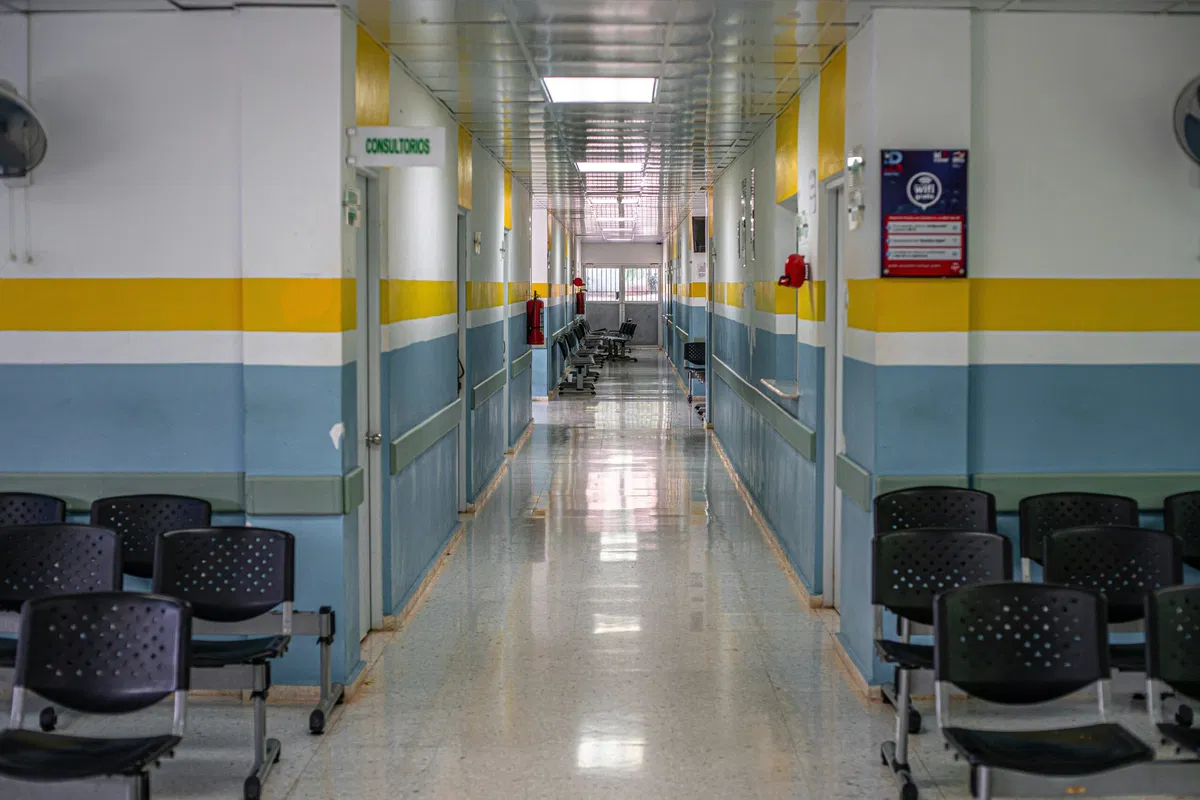By Natascha Rivera
Copyright euroweeklynews

ACCORDING to a June 2025 analysis of Almeria’s public healthcare system, a positive trend has been unveiled with regards to the waiting lists in the region, with a decrease in both surgical and outpatient consultations. The shift, driven by the Health Guarantee Plan of the Andalucian Regional Government, reflects a reduction in the total number of patients waiting for care, around 100,000 in the entire province. However, the numbers may be covering up a larger healthcare issue in Almeria.
For the first six months of the year, the surgical waiting lists in Almeria have decreased from 17,954 at the end of 2024 to 16,589 in June. The number of outpatient consultations decreased from 87,751 to 83,200, in the same period. This data comes from the province’s three major hospitals, one in the capital, one in Poniente, and one in Levante. The Poniente hospital, of the three, has the highest waiting list for outpatient consultations, with 33,613 patients and an average waiting time of 153 days for a first appointment.
In the Almeria province, the Torrecárdenas University Hospital has the highest waiting list for outpatient consultations, with 8,680 patients and an average waiting time of 268 days.
This follows the introduction of 140 new healthcare workers in the region of Almeria, boding well for the patients and the understaffed hospitals alike.
But do the numbers reflect the reality of Almeria residents?
These numbers, which in previous years had been increasing, have become stable this year. The statistics show an overall improvement in the waiting time and a decrease in the waiting lists; however, that is not the experience of all Almeria residents. Some local expatriates, reacting to the news, have lamented that although the region of Almeria is experiencing a general improvement in waiting lists and waiting times, their local medical centres have been slow to respond.
One Facebook user claimed that her husband, diagnosed with cancer, had to switch to a private hospital since the public hospitals were taking too long to respond to his urgent needs. Another Facebook user, in response to the news, claimed that after waiting more than a year (16 months) for a dermatological appointment in Huercal-Overa, the hospital finally called her back with a telephone appointment. “Now I don’t know how they train their dermatologists in Spain but they must have magical powers if they can analyse my skin over the phone when I’ve had melanoma treated here already!” the user joked dryly.
“I have severe gastric/bowel problems,” said a third Facebook user. “[M]y médico has tried everything, nothing works so referred me for a consultant/specialist. In November it will be a year, still no appointment in sight or relief.”
Amidst all the conflicting information, it’s clear that although Almeria is slowly showing improvement in their medical system, more action and more drastic change is needed in order to meet the demands of its residents, maintain public health standards, and make sure those who need it are offered care as soon as possible.



